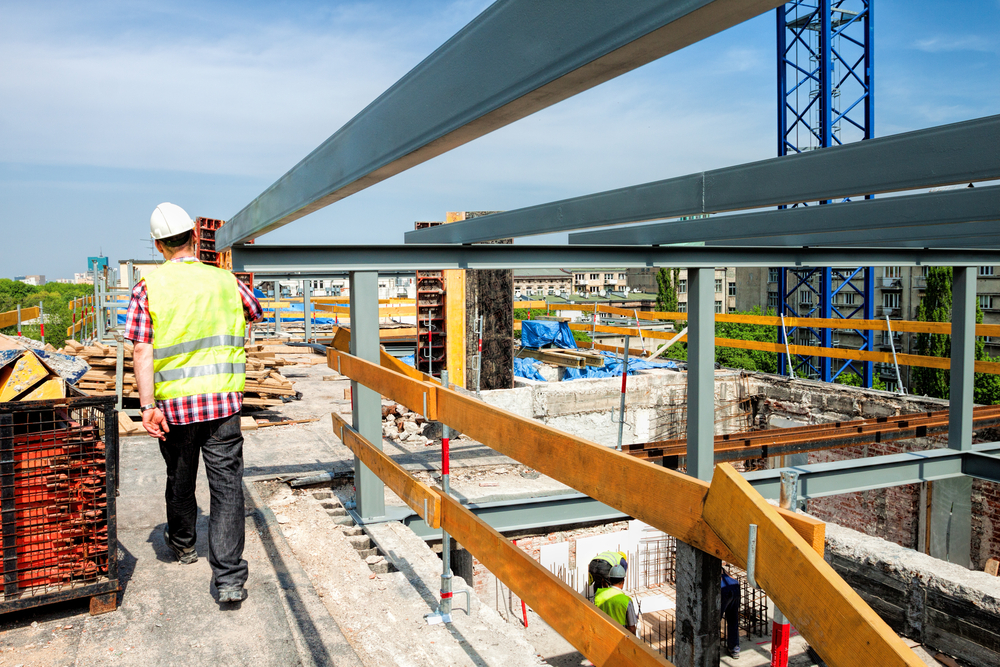ERP for Construction Project Managers: Run Smarter Projects With Real-Time Field Data
Still managing job costs in Excel and waiting days for field updates to reach the office? Those delays are costing you.
3 min read
KPC_Admin : Updated on February 7, 2024

After a slight slowdown in 2023 following a sharp decline in 2022, the construction industry is predicted to rebound in 2024.
This presents both challenges and opportunities for businesses in the sector – with those embracing an enterprise resource planning (ERP) system more likely to navigate the market complexities and position themselves for success, including potential merger and acquisition (M&A) scenarios.
“A construction industry rebound in 2024 presents both exciting prospects and demanding challenges,” says David A. Warford Sr., partner in RubinBrown’s Business Advisory Group. “Remember, an ERP is an investment and can be the foundation for growth and resilience in the coming years of potential industry resurgence.”
A United States Construction Industry Report released in the fall showed a predicted contraction of 2.5 percent in 2023 in real terms after a decline of 8.2 percent in 2022. The report says “The industry’s output is expected to grow by 2.6 percent in 2024 and pick up to an annual average growth rate of 5.3 percent between 2025 and 2027."
Some industry analysts have cautioned that some of the construction industry growth is being driven more by inflation than by increased volume.
Some of the challenges facing the construction industry heading into 2024 include:
The good news is that, according to the construction industry report, building will be fueled in 2024 by investment in the energy, transportation, housing, and manufacturing sectors.
“Major fiscal stimulus packages such as the Infrastructure Investment and Jobs Act (IIJA), the Inflation Reduction Act (IRA), and the Creating Helpful Incentives to Produce Semiconductors (CHIPS) Act, will be a key driver of construction activity across these sectors,” said the report, noting that the Biden administration had announced over $220 billion in funding under the IIJA, including over 32,000 specific projects and awards, and that over $491 billion in projects had been announced by private companies under the Manufacturing the Future program with another $255 billion announced by the government under the Rebuilding Infrastructure program.
The construction industry's forecasted rebound presents both challenges and opportunities for businesses.
The challenges include:
The opportunities, enhanced by the right construction ERP software, include:
Beyond simply improving data accessibility, an ERP system empowers your construction business to operate with greater agility and foresight in these dynamic times.
Selecting the right construction ERP system can lead to:
Preparing for potential M&A activity starts long before the negotiation table. By investing in an ERP system, you're not just streamlining your present operations, but also laying the groundwork for a smooth and successful future.
Selecting the right construction ERP system can help by offering:
When it comes to the specifics of M&A activity, the right ERP system can unlock the following powers:
Investing in an ERP system is not just about managing the present; it's about strategically positioning your business for a prosperous future.
Looking towards a construction industry rebound and increasing sector M&A activity, implementing an ERP is no longer a luxury, but a critical step towards ensuring your competitive edge and maximizing success.

Still managing job costs in Excel and waiting days for field updates to reach the office? Those delays are costing you.

In the fast-paced and demanding world of construction, efficiency is everything. A single misplaced brick can topple a deadline (or worse!), and...

What if your ERP could anticipate machine failures, optimize inventory in real time, and adapt instantly to supply chain disruptions? In 2026, that...